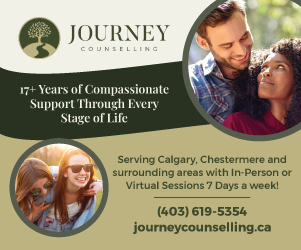Every day we are bombarded with schemes and plans that ask for our shallow commitment. The cell phone company wants us to sign up for a two year plan and we’re asked to give our email address everywhere we go. A cable company reminds us to cheer on our sports team, schools need us to give more volunteer hours, and car dealerships want a life-long commitment to their brand. It does not take long to realize that our time, attention, and resources are spread thin and our sense of commitment to anything may become tired, and even a little bored.
The challenge goes even deeper than having our commitments merely spread out. We are also encouraged to divide into camps and take sides. One commitment leads to another and soon we discover that we are not only ‘for’ this product or politician or idea, but ‘against’ another. Division is the shadow side of commitment. We ally ourselves with a cause and in turn push against others. Division is endemic and is damaging to our ability to reach across divides and build new relationships.
The solution to all of this, however, might be closer than you think. It could be found right outside your front door. The tonic for a chronic case of stretched commitments and divisions may be found in a new kind of connection: unity.
Unity is different than a contract or brand loyalty. It is about two forces coming together with a common purpose. It is about building bridges, understanding, a sense of mutual trust and support, and always in the pursuit of peace. Unity is not about being identical, but about sharing some aspect of life together. When two people marry they come together in unity and something fundamentally changes about their lives, but they do not stop being individuals in their own right. Unity grows two together in a way that brings goodness, hope, and life to both.
Unity, at its core, is something that brings freedom. It does not divide or conquer, instead it builds trust and aims towards a bright future. When a group of people come together to create a greater sense of unity, we call that community. As Margaret Wheatley has often said, “Whatever the problem, community is the answer.”
When we become people who unify our neighbourhoods and foster a sense of shared purpose in the places where we live, we offer a valuable gift. There are several ways that we can become people of unity. When we pursue peace instead of cheering on angry division, we become people of unity. When we eat with others, celebrate with others, cry with those in pain, and take the long road to build real relationships in our neighbourhoods, we become people of unity.
It is easy to divide or put down others, anyone can do it. It takes a brave group of people to dream of a future where unity prevails and hope endures. May your neighbourhood be a place where people come together and where unity frees.





